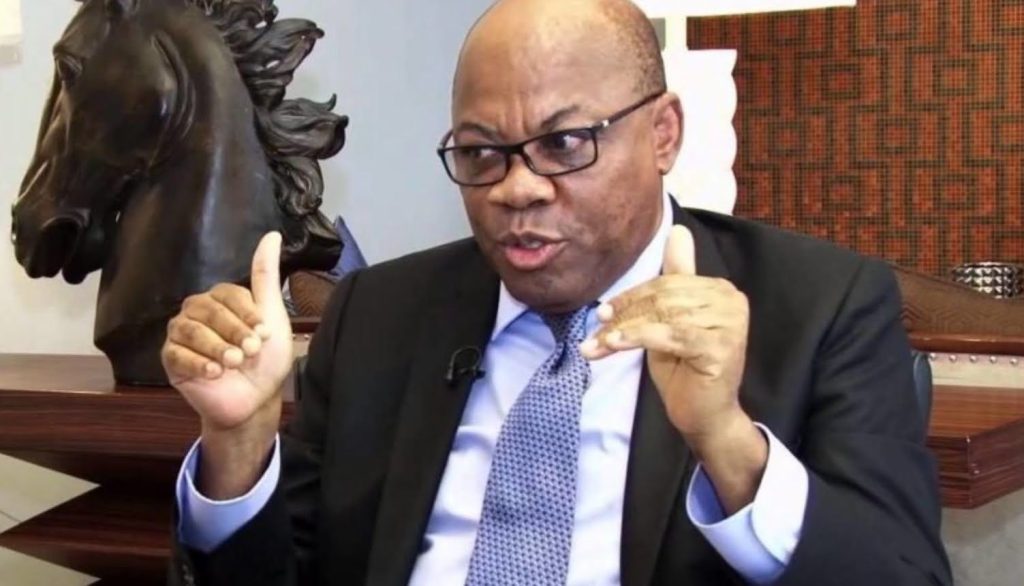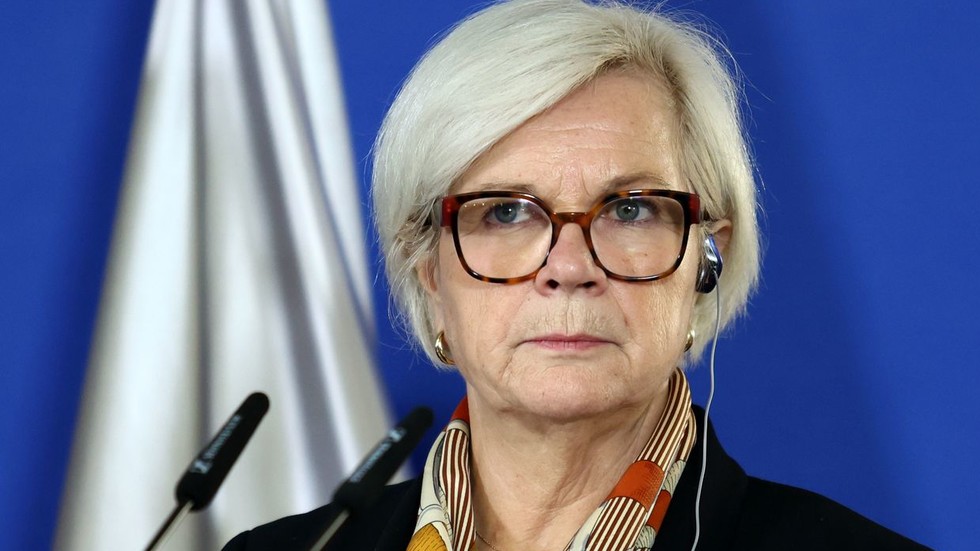Since the dawn of democratic governance in Nigeria in 1999, the country has embarked on a steady path, a clear departure from its tumultuous history of military interventions and constitutional changes. Throughout this challenging journey towards democracy, the Nigerian judiciary has stood unwavering, fulfilling its indispensable role as the guardian of justice.
During the era of military rule, legal experts from both the bar and the bench played pivotal roles in shaping and amending Nigeria’s constitution. For instance, Professor Nwabuze, a distinguished constitutional lawyer, played a significant part in drafting the decree that transitioned Nigeria from a parliamentary system to a centralized presidential structure. This transition fundamentally altered the power dynamics between the federal and regional governments, paving the way for ongoing discussions on restructuring and resource control. The judiciary has remained a key player in shaping Nigeria’s future.
In 1978, Chief Rotimi Williams presided over the Constitution Drafting Committee, advocating for the adoption of the presidential system. Later, Justice Udo Udoma chaired the Constituent Assembly, which ratified the 1979 constitution, eventually amended into the 1999 constitution. The judiciary’s impact in resolving electoral disputes has been significant as well. The Supreme Court’s decision in 1979, which upheld Alh Shehu Usman Aliyu Shagari as Nigeria’s President, highlighted the judiciary’s commitment to impartially interpreting the constitution.
More recently, former President Muhammadu Buhari sought recourse from the courts when he believed victory was unjustly denied to him, ultimately leading to his electoral success in 2015. The Supreme Court, in particular, consistently overturns lower court decisions on election matters, ensuring that justice is served based on the law and facts. As Nigeria approaches another period of judicial intervention, it is imperative for the judiciary, including the Court of Appeal and the Supreme Court, to render impartial judgments that uphold the electoral act, the Independent National Electoral Commission’s guidelines, and the provisions of the 1999 constitution.
In an increasingly interconnected world, the actions of the judiciary are scrutinized internationally, especially in high-profile cases involving the President of Africa’s largest economy. The fact that evidence from foreign courts may influence the outcome of a case attests to the integrity of the Nigerian judiciary. The Nigerian judiciary is under scrutiny on the global stage, where the verdict of a foreign court could impact the judgment of a sovereign nation. Therefore, it is imperative that this process strictly adheres to the law and Nigeria’s constitution.
As Nigerians, it is incumbent upon us to offer prayers for our honorable justices to deliver impartial judgments, free from any bias, guided solely by their knowledge and wisdom. Nigeria’s judiciary has developed into an institution that cannot be intimidated or threatened, dedicated to dispensing justice as prescribed by the law. In conclusion, the role of the judiciary in consolidating democracy in Nigeria is indisputable, and its legacy should be one that future generations will deeply respect, with the imprints of these honorable justices indelibly left on the fabric of time.
Mr. Ringim can be reached at mahmudshuaibu44@gmail.com



